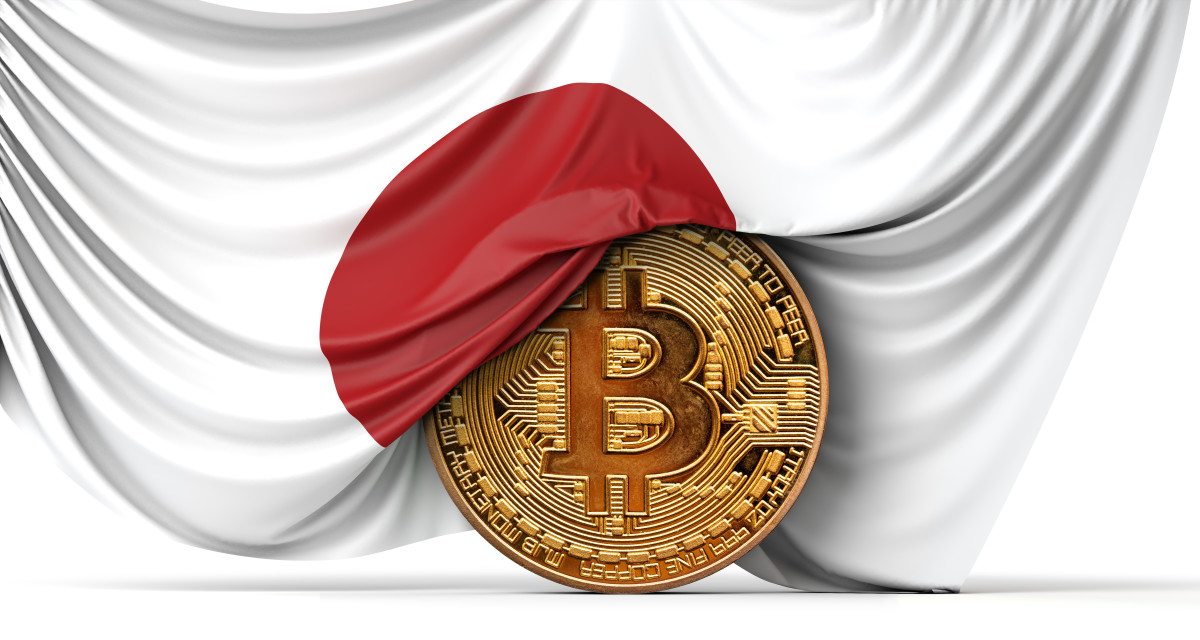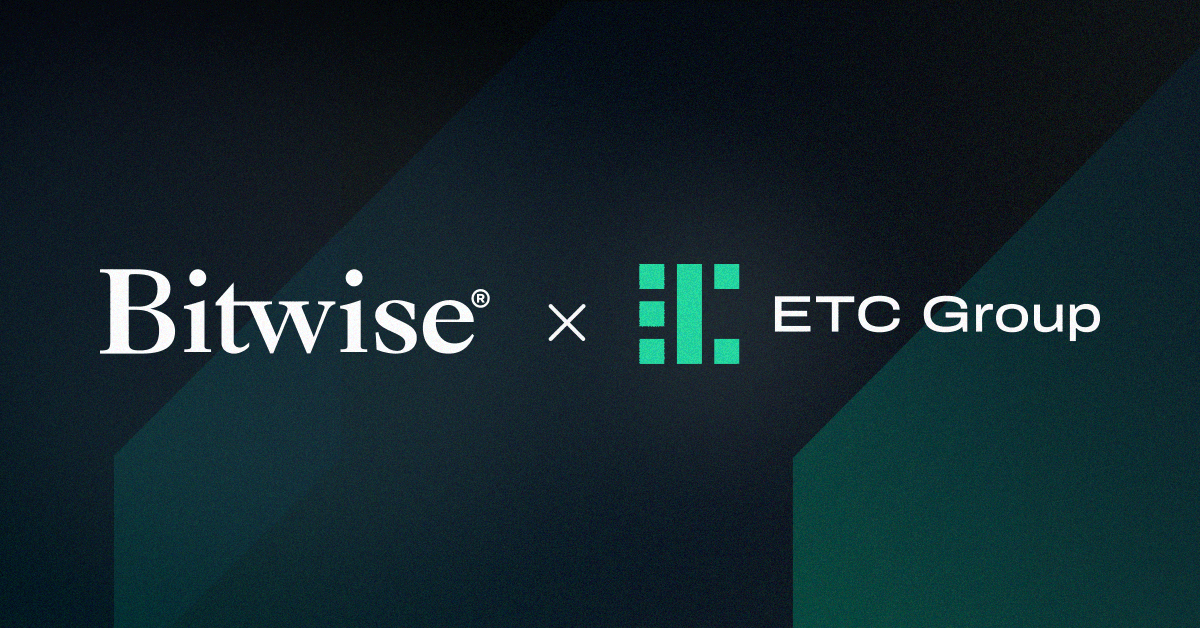Month: August 2024
BofA is bullish on EUR/NZD amid RBNZ cut
Post Content
BofA notes more balanced G10 FX positioning, flags risks
Post Content
Metaplanet Buys Additional ¥500 Million Worth of Bitcoin
Metaplanet, a publicly traded Japanese company, has purchased another ¥500 million ($3.7 million) worth of bitcoin. This latest buy comes after the firm secured a ¥1 billion loan last week to acquire Bitcoin.
JUST IN: 🇯🇵 Japanese public company Metaplanet buys another ¥500 million worth of #Bitcoin pic.twitter.com/utiXEwsymM
— Bitcoin Magazine (@BitcoinMagazine) August 20, 2024
Metaplanet bought 57.273 bitcoins at an average price of ¥8.73 million per bitcoin. This brings its total Bitcoin holdings to 360.368 bitcoins acquired for ¥3.45 billion ($25.6 million).
Metaplanet first announced plans to raise ¥10.08 billion through a public offering to fund Bitcoin purchases on August 6. A week later, it secured a ¥1 billion loan to buy Bitcoin, which it has now used to purchase over 100 Bitcoin so far.
The Japanese firm is aggressively expanding its Bitcoin reserves by borrowing capital at low interest rates. This mimics the “buy Bitcoin strategy” of MicroStrategy, which since 2020 has sold debt and equity to amass over 226,500 Bitcoin treasury.
Other public Bitcoin buyers raising capital recently include Marathon Digital Holdings, which sold $300 million of convertible notes to buy Bitcoin. Semler Scientific also issued equity and debt partly to purchase Bitcoin.
Metaplanet’s series of loans and stock offerings to fund Bitcoin buys illustrates how public companies are utilizing markets to stack sats. With Bitcoin gaining mainstream adoption, firms are treating it as a treasury reserve asset.
Disclaimer: Bitcoin Magazine is wholly owned by BTC Inc., which also operates UTXO Management, a regulated capital allocator focused on the digital assets industry and invested in Metaplanet. UTXO invests in a variety of Bitcoin businesses, and maintains significant holdings in digital assets.
Dollar slips lower on rate cut expectations; euro nears this year’s high
Post Content
Asia FX muted, dollar at 7-mth low with rate cuts in focus
Post Content
Democrats Exclude Bitcoin And Crypto From 2024 Platform, Aligning With Past Hostility
The Democratic Party’s official 2024 platform was released today on day one of the Democratic National Convention, without any mention of Bitcoin or cryptocurrency. This decision aligns with the past four years of the Biden-Harris administration’s hostility towards the industry.
Despite the growing significance of Bitcoin and digital assets, neither Kamala Harris or Tim Walz, who are running for president and vice president in the upcoming election this November, has prioritized the inclusion of Bitcoin and crypto in the party’s agenda.
JUST IN: 🇺🇸 The Democratic Party releases it’s official platform, with no mention of #Bitcoin or crypto. pic.twitter.com/OsMEbgwX4J
— Bitcoin Magazine (@BitcoinMagazine) August 19, 2024
In contrast, the Republican Party has embraced Bitcoin, making it a central part of their platform. They have pledged to end what they describe as the Democrats’ “unlawful and unAmerican crypto crackdown” and oppose the creation of a Central Bank Digital Currency (CBDC). Additionally, the GOP vows to protect the right to mine Bitcoin, ensure Americans can self-custody their digital assets, and maintain financial privacy from government surveillance.
The differing approaches between the parties were further highlighted when Republican presidential candidate Donald Trump spoke at the Bitcoin 2024 Conference in Nashville, emphasizing his support for the industry. Meanwhile, Kamala Harris, the Democratic presidential candidate, declined to speak or participate at the event.
Independent presidential candidate Robert F. Kennedy Jr. did also speak at the Bitcoin 2024 Conference, voicing his support for Bitcoin, further underscoring the growing political divide on this issue.
As the 2024 election approaches, the absence of Bitcoin and crypto from the Democratic platform may influence the vote of an estimated 50 million Bitcoin and crypto holders across the country, who are looking for the best candidate to champion their cause.
Bitwise Acquires ETC Group, Europe’s Largest Physical Bitcoin ETP Issuer
Bitwise Asset Management has announced the acquisition of London-based ETC Group, the issuer of Europe’s largest physical Bitcoin ETP (BTCE), according to a press release sent to Bitcoin Magazine. This acquisition not only expands Bitwise’s global footprint but also adds more than $1 billion in assets under management to its portfolio.
JUST IN: 🇺🇸 Spot #Bitcoin ETF issuer Bitwise expands into Europe by acquiring Europe’s largest physical Bitcoin ETP issuer ETC Group 🇪🇺 pic.twitter.com/EHz3ssB2Ut
— Bitcoin Magazine (@BitcoinMagazine) August 19, 2024
“Bitwise is building a global crypto asset manager for investors and financial advisors who want a best-in-class partner specialized in this fast-growing asset class,” said Bitwise CEO Hunter Horsley. “This acquisition allows us to serve European investors, to offer clients global insight, and to expand the product suite with innovative ETPs. We’re proud of the reputation we have built over the last six years with advisors, institutions, and investors as a sophisticated asset manager in crypto markets, and look forward to bringing this expertise to European investors.”
Founded in 2019, ETC Group has built a reputation as a leading crypto ETP issuer in Europe, offering a suite of physically backed products that include Bitcoin and other cryptocurrencies. Over the coming months, these ETPs will be rebranded under the Bitwise name, although the core investment strategies will remain unchanged.
“We think Bitwise is building the best-of-breed firm for this new asset class and have proven their professionalism and leadership over many years,” said ETC Group co-founder Bradley Duke. “For an asset management firm, culture and values are essential, and we couldn’t be more excited to continue our work in Europe as part of Bitwise.”
With the addition of ETC Group’s products, Bitwise’s total assets under management now exceed $4.5 billion, with their U.S. spot Bitcoin ETF (BITB) becoming one of the 25 fastest-growing ETPs of all time, closing in on over $2 billion in assets today, according to the press release.
Dollar hits 7-month low, yen gains as traders wait on Jackson Hole
Post Content
Not Your Keys, Not Your Name: Here’s Why Naming is the Next Killer App for Bitcoin
In the Name of Freedom
Neutral money like bitcoin preserves economic liberty. It respects individual freedom. It silently advocates for property rights. Whether you’re an individual or a business, it gives you complete empowerment over your decisions about production, investment, and consumption without the threat of censorship, confiscation, or debasement. Without the involvement of governments, this encourages self-reliance and contributes to social harmony. Bitcoin, in other words, is essential for maintaining a free, prosperous, and just society. The same is true for naming. If anything is as important to society as money, it’s naming. Names are needed for almost everything and individuals & businesses should be able to own their name without it being in the control of a centralized, third party.
Names and money both have historically relied on trust for their efficacy, but just like bitcoin as money ushered in an era of trustlessness, the same must be accomplished for names.
Centralized Naming Providers are Dinosaurs
People have to realize, if they haven’t yet, that they do not own their usernames on social media and are always one click away from having their property, or what should be their property, confiscated.
The security risk of relying on centralized naming systems is especially true for individuals & businesses building in Bitcoin. If you are relying on centralized naming services, it is only a matter of time until you’re compromised, just like we saw with the Squarespace DNS hijacking last month.
Governments often silence political opponents by confiscating their names. Take for instance, PuntCAT, a Catalan private non-profit foundation whose mission is to promote all kinds of activities related to the creation, management, and control of the top-level domain name .cat and, in general, to promote the Catalan language and culture. They were raided by the Spanish police during a tumultuous political time and forced to block several websites critical of the Spanish government due to legal pressure from Madrid. The head of IT was arrested for sedition.
What’s more, The Internet Corporation for Assigned Names and Numbers (ICANN), which is responsible for managing the global domain name system, has faced numerous controversies over the years related to centralized control, transparency, and accountability. ICANN’s practices and policies are opaque, they have been called out by the likes of Ralph Nader for violating consumer rights, and as the Electronic Frontier Foundation put it, there is evident susceptibility to capture in the excessive deference given to the interests of major trademark and copyright holders.
The point is, if we don’t succeed in decentralizing naming, the risk of censorship, property confiscation, and other rights will always be under attack.
As Bitcoin continues to evolve along with adjacent technology protocols like NOSTR, names will become increasingly important for this reason alone. Names can serve as identifiers for various components within these systems, facilitating communication between different parties and improving the usability, interoperability of protocols, and freedom of speech.
Don’t call it a comeback
Past attempts to decentralize naming have included initiatives like the DNS root server separation in 1997 and new top-level domains (TLDs) like .bit and .name. In the cryptocurrency space, projects such as Namecoin, BitDNS, and blockchain-based name services from companies like Namecoin, Blockstack, and Stacks have also sought to decentralize naming systems. Despite these efforts, many of these initiatives have fallen short due to limited adoption, scalability issues, distribution issues, and other technical complexities, leaving centralized naming systems dominant in both the traditional internet and crypto landscape.
Earlier this year, Matt Corallo proposed a BIP for the coordination of making Bitcoin payments using DNS. Matt is correct to not rely on another blockchain (e.g. ENS on Ethereum), but he acknowledges it is a risk to rely on traditional centralized DNS, and this is only the “best option.” There are organizations in between you and your name, and every website that uses HTTPS to encrypt traffic is relying on a third party to secure it – you are literally not holding your own keys. Not your keys, not your name.
What is needed is a truly decentralized, permissionless naming system built on Bitcoin, free from third party certificate authorities, that empowers users with control and privacy over their online identities. And in contrast to attempts that came before, naming needs to be done in a cypherpunk-centric way without a new blockchain, or modifications to Bitcoin itself, without a new token, foundation, or premine. Users must be entirely in control of how they register, manage, and transfer names.
The Future of Naming is Cypherpunk
The internet, once envisioned as a democratizing force for free expression and global communication, now faces mounting threats from government censorship, corporate influence, and technical vulnerabilities. Decentralized naming, built on the robust and secure foundation of Bitcoin, offers a future where individuals and businesses have greater control over their identities, ideas, and information. By leveraging the immutability, transparency, and censorship-resistant nature of Bitcoin, decentralized naming systems can provide a more resilient and democratic alternative for managing their identities. With Bitcoin as the backbone, we can ensure that decentralized naming is not only inevitable but also truly successful in creating a global, open, and free internet – one where everyone has an equal voice in shaping the global conversation without fear of censorship or control. An internet that is cypherpunk.
This is a guest post by Mike Carson. Opinions expressed are entirely their own and do not necessarily reflect those of BTC Inc or Bitcoin Magazine.
Funds go long yen for first time in four year: McGeever
Post Content









